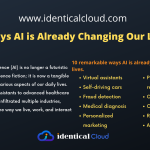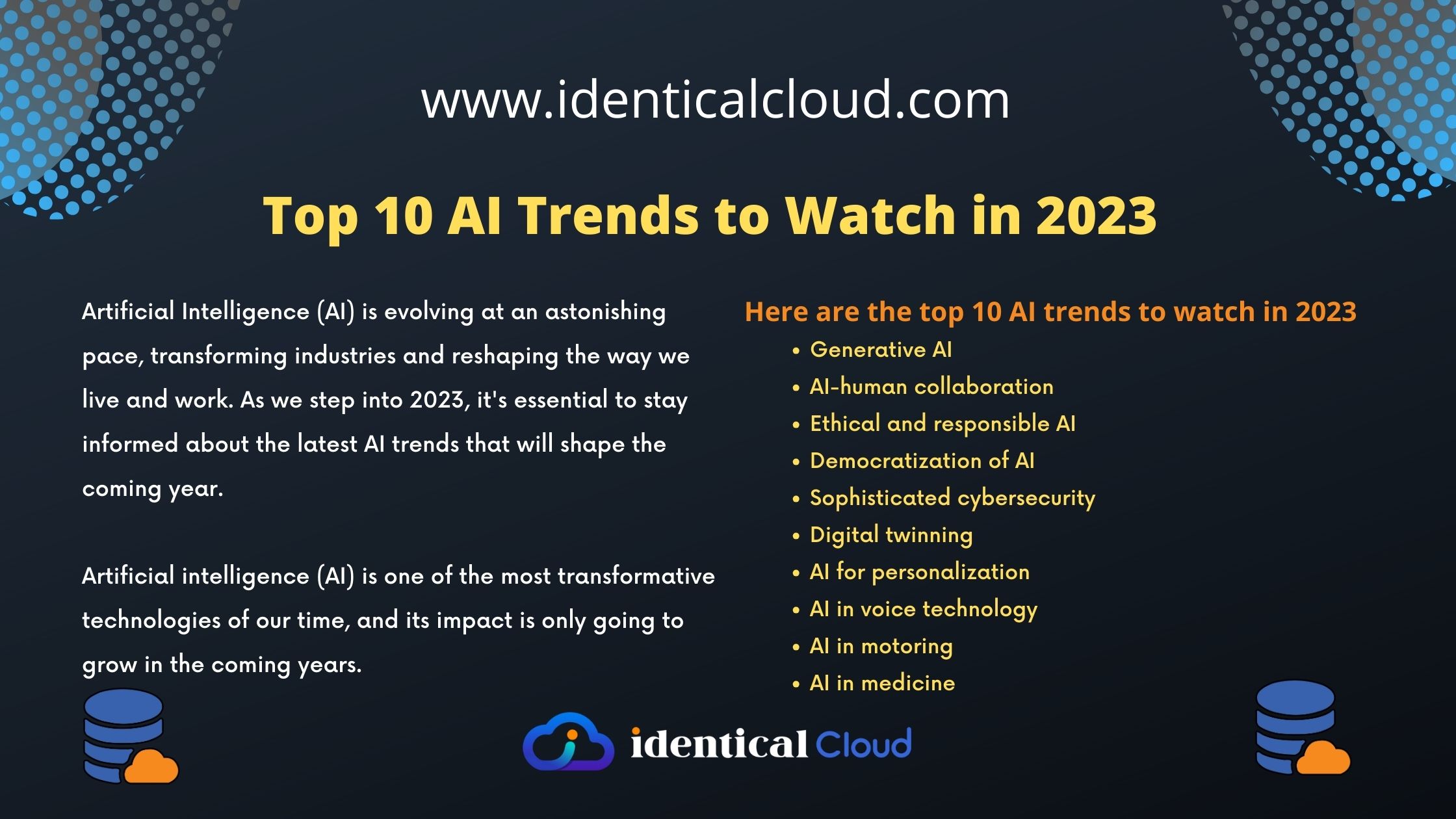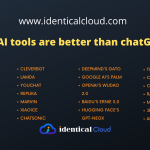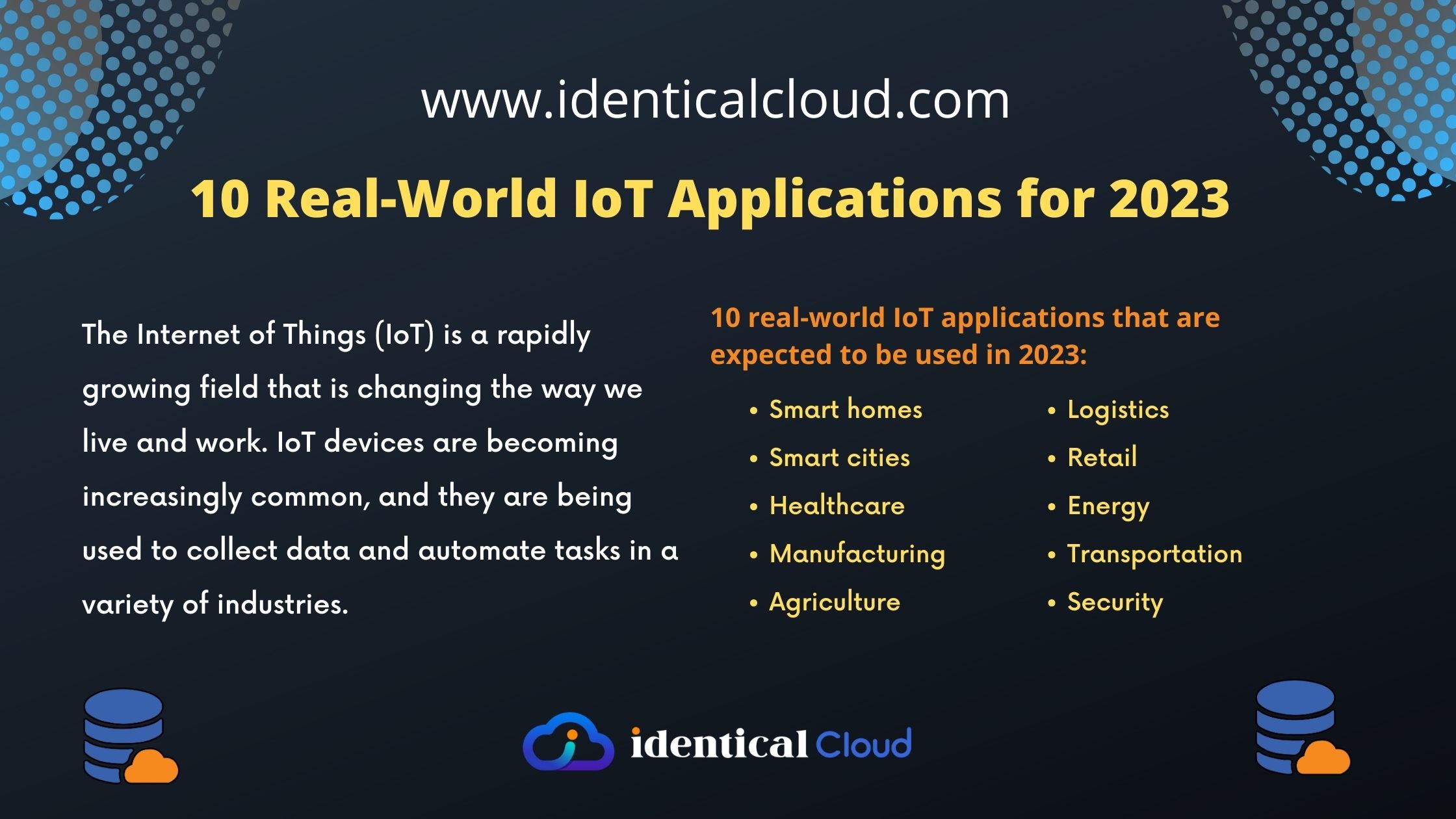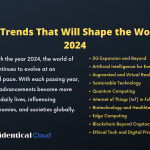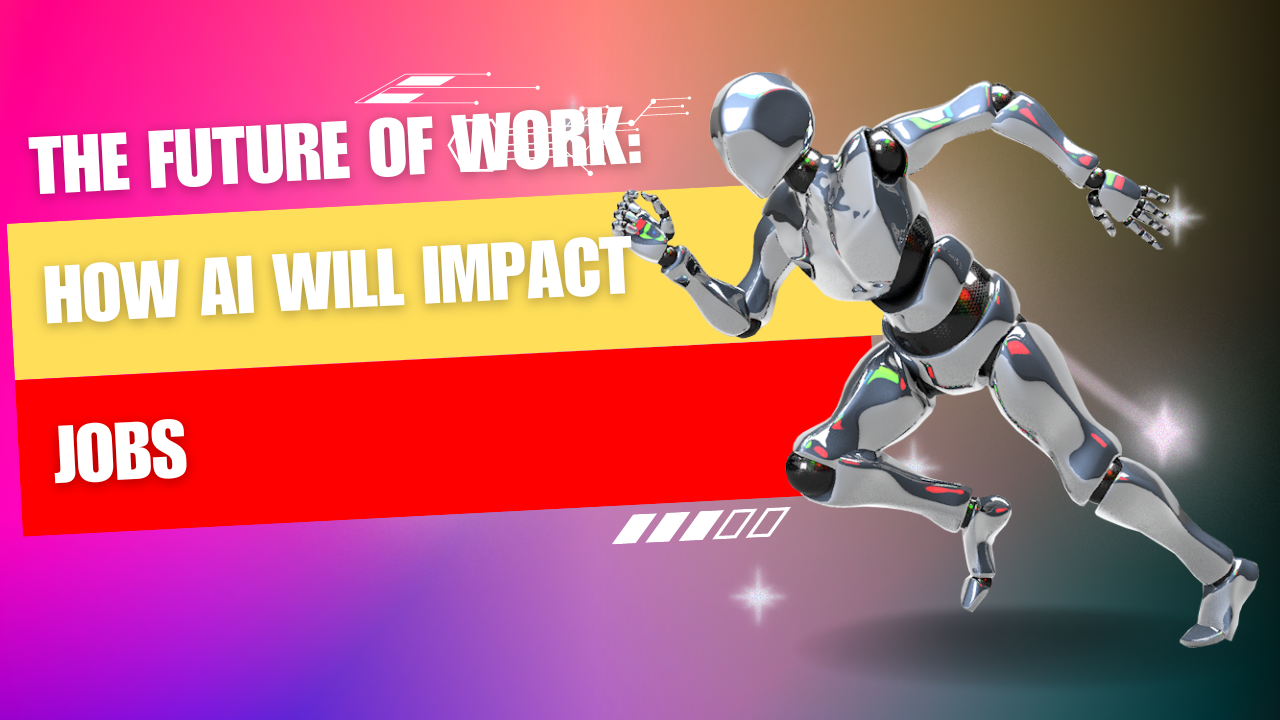
The Future of Work: How AI Will Impact Jobs
The Future of Work: How AI Will Impact Jobs
Artificial intelligence (AI) is rapidly changing the world, and it is having a significant impact on the workforce. AI is being used to automate tasks, improve efficiency, and make better decisions. This is leading to changes in the types of jobs that are available, the skills that are needed, and the way that work is done.
How AI is Impacting Jobs Today
AI is already having a significant impact on jobs today. For example, AI is being used to automate tasks in customer service, manufacturing, and transportation. This is leading to job losses in some sectors, but it is also creating new jobs in other sectors. For example, AI is creating new jobs in the development and deployment of AI systems, as well as in the training and support of AI systems.
How AI Will Impact Jobs in the Future
AI is expected to have an even greater impact on jobs in the future. Some experts believe that AI will eventually automate most jobs, leading to mass unemployment. However, other experts believe that AI will create new jobs that we can’t even imagine today.
It is likely that AI will have a mixed impact on jobs in the future. Some jobs will be lost, but new jobs will also be created. The key for workers will be to be adaptable and to learn new skills. Workers who are able to do this will be well-positioned for success in the future of work.
What Skills Will Be in Demand in the Future of Work
The skills that will be in demand in the future of work will be those that are complementary to AI. These skills include creativity, critical thinking, problem-solving, and communication. Workers who have these skills will be able to work with AI systems to create new products and services, solve problems, and make better decisions.
The Rise of AI: A New Era of Possibilities
Automation and Efficiency:
AI technologies, such as machine learning and robotics, are revolutionizing industries by automating repetitive and routine tasks. This allows employees to focus on more complex and creative aspects of their roles.
Enhanced Decision-Making:
AI’s data analysis capabilities enable businesses to make informed decisions based on accurate insights. This empowers professionals to devise strategies that are data-driven and aligned with market trends.
Personalization and Customization:
AI enables personalized customer experiences by analyzing vast amounts of data to tailor products and services to individual preferences. This can lead to greater customer satisfaction and loyalty.
The Impact on Jobs: Balancing Disruption and Creation
Job Displacement:
One of the concerns surrounding AI is the potential displacement of certain jobs. Roles that involve repetitive tasks, data entry, and basic analysis are more susceptible to automation, leading to a shift in job requirements.
Job Creation:
While AI may displace certain jobs, it also creates new opportunities. The development, implementation, and maintenance of AI systems require a skilled workforce, driving demand for data scientists, AI engineers, and other tech-related roles.
Skill Evolution:
The future of work demands a shift in skill sets. As routine tasks become automated, employees will need to develop skills in areas such as problem-solving, critical thinking, creativity, and emotional intelligence.
Industries Impacted by AI
Healthcare:
AI is transforming healthcare through predictive analytics, diagnostics, and personalized treatment plans. While doctors and nurses remain essential, AI can assist in diagnostics and patient monitoring.
Manufacturing:
Robots and automation are revolutionizing manufacturing by increasing efficiency and precision. Human workers collaborate with AI to oversee and manage production processes.
Finance:
AI-driven algorithms are revolutionizing financial services by enhancing fraud detection, risk assessment, and investment strategies. Financial experts use AI as a tool for analysis and decision-making.
Preparing for the Future: Strategies for Individuals and Organizations
Lifelong Learning:
Individuals need to embrace continuous learning to stay relevant in the evolving job market. Upskilling and reskilling are crucial for adapting to changing job requirements.
Flexibility and Adaptability:
Organizations should foster a culture of adaptability, encouraging employees to embrace change and learn new skills. This enables businesses to stay competitive in a dynamic environment.
Human-Machine Collaboration:
AI is most effective when combined with human expertise. Organizations should focus on creating environments where humans and AI systems collaborate, each contributing their unique strengths.
How Can Workers Prepare for the Future of Work
There are a few things that workers can do to prepare for the future of work:
- Learn new skills: Workers should focus on learning new skills that are complementary to AI. These skills include creativity, critical thinking, problem-solving, and communication.
- Be adaptable: Workers should be adaptable and willing to learn new things. The world of work is changing rapidly, and workers who are able to adapt will be more likely to succeed.
- Network: Workers should network with other professionals and stay up-to-date on the latest trends in AI. This will help them to stay ahead of the curve and to find new opportunities.
By taking these steps, workers can prepare for the future of work and ensure that they have the skills and knowledge that they need to succeed.
The future of work is uncertain, but it is clear that AI will have a significant impact on jobs. Workers who are able to adapt and learn new skills will be well-positioned for success in the future of work.
The future of work is undeniably intertwined with the rise of AI. While it may lead to certain job displacements, it also presents immense opportunities for innovation and growth. By understanding the changing landscape, embracing lifelong learning, and fostering collaboration between humans and AI, individuals and organizations can navigate this transformation and ensure a future where AI serves as a powerful tool for progress, not just in the workplace but in society as a whole.


